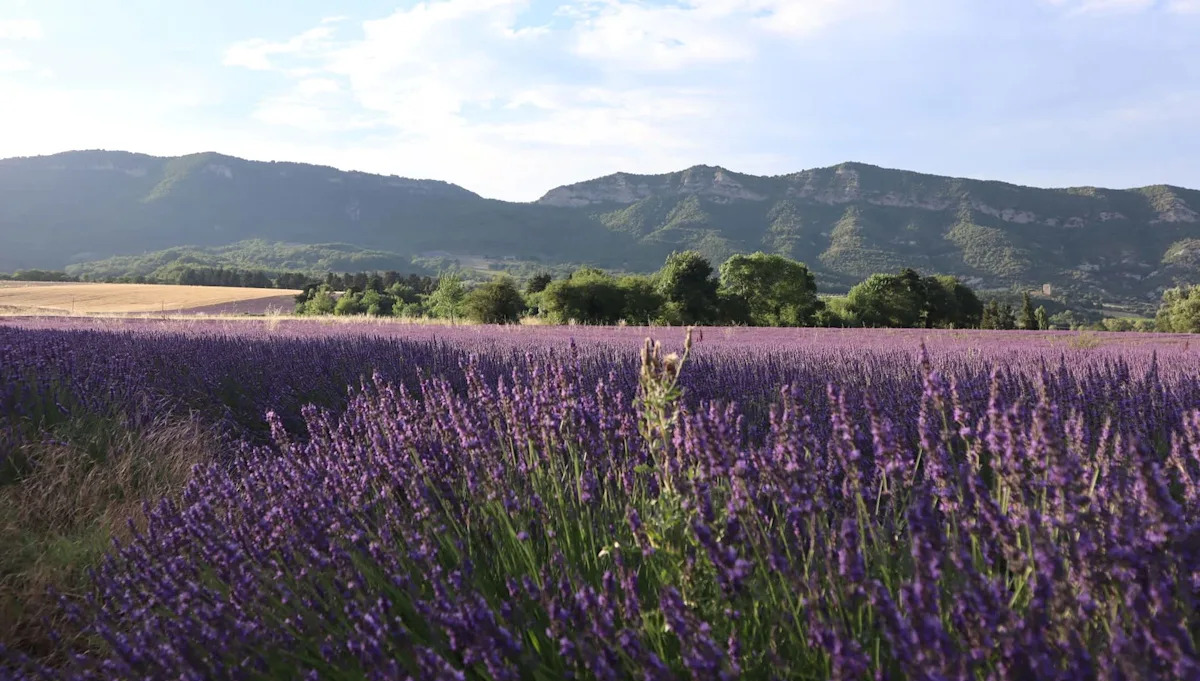In a remarkable win for both people and the planet, the Eurasian beaver — once hunted to near extinction in France — is making a triumphant comeback.
A single beaver family that arrived in the tiny hamlet of Montlahuc in 2020 has transformed a dry, sun-scorched pasture into a thriving wetland, showing how one small species can help fight the negative impacts of a warming world and revive local communities.
Montlahuc, a village of just 40 residents in the Drôme region, had suffered years of worsening drought that left meadows parched and local farmers struggling. But within three years of the beavers’ arrival, a once-barren field now holds more than 2,000 square meters of standing water.
Birds, insects, and lush green vegetation have returned, inspiring residents to rethink how they manage their land.
“We used to graze this land only once a year,” local farmer Marc-Antoine Forconi told Futura. “Now, it’s thriving.”
Beavers are often called “nature’s engineers” for good reason. Using their powerful teeth and instinctive building skills, they construct dams and channels that slow water flow and store moisture in the soil.
This natural water management supports healthier ecosystems, creates habitats for other wildlife, and provides a low-cost, low-maintenance way to help landscapes withstand drought.
Inspired by their furry neighbors, Montlahuc farmers have even built their own small dams to retain water — though, as Forconi joked, “The beavers outperformed us.”
Once reduced to only about 100 individuals in the early 20th century, Eurasian beavers are now protected and number between 20,000 and 25,000 in France, according to Futura.
The species’ return highlights how protecting wildlife can lead to unexpected climate solutions, echoing other success stories, such as the resurgence of gray wolves in Yellowstone or the rewilding of bison in Europe.
This quiet resurgence is more than a feel-good story. It’s a reminder that working with nature, rather than against it, can create healthier landscapes and a more resilient future for communities everywhere.
How often do you feel hopeful about the future of the planet when you read news stories or watch entertainment content?
Click your choice to see results and speak your mind.
Join our free newsletter for good news and useful tips, and don’t miss this cool list of easy ways to help yourself while helping the planet.

